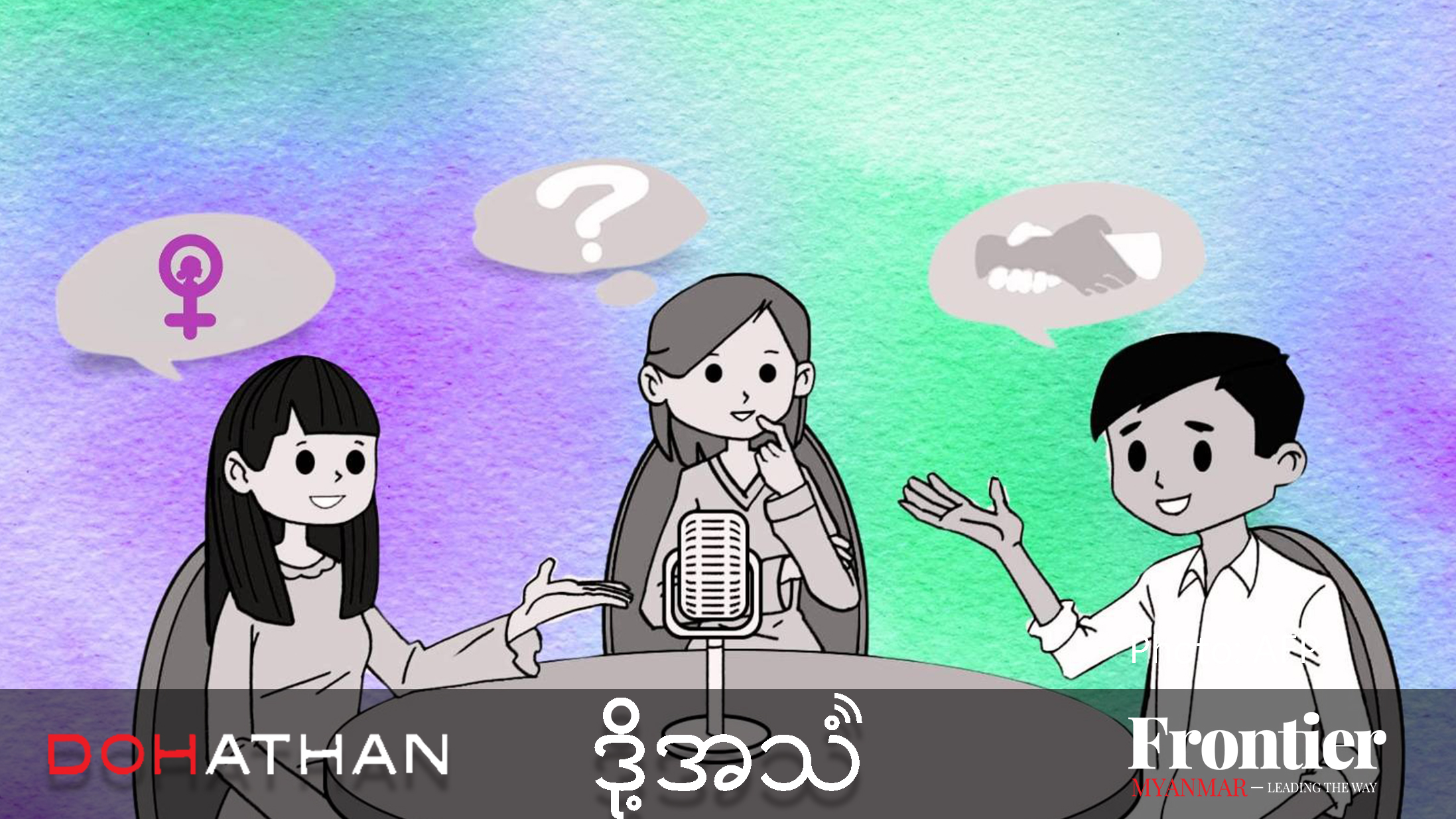Reducing the Tatmadaw’s huge economic stakes, particularly in natural resource extraction, is integral to ending conflict and repression in Myanmar.
By PAUL DONOWITZ | GLOBAL WITNESS
ON MONDAY, the United Nations’ Special Rapporteur on the situation of human rights in Myanmar Ms Yanghee Lee presented her latest report to the UN Human Rights Council in Geneva, Switzerland. Her findings reinforce the crucial importance of transitioning to civilian control of political and economic life if Myanmar is to move beyond the scourge of civil conflict and associated human rights abuses to achieve lasting peace and a successful democratic transition.
The wide-ranging report makes it clear that the military’s huge economic interests, particularly in the natural resource sector, and the associated militarisation of this and other major sectors is fuelling ethnic conflict and some of the most serious human rights abuses, including rape and forced labour. The special rapporteur documents abuses around jade and other mining projects in Kachin and Shan states and Tanintharyi Region, and around logging in Kayah State.
The rapacious extraction of natural resources in resource-rich ethnic regions by a military-linked elite has fuelled grievances among minority communities, while the vast profits available from natural resource exploitation, as well as other illicit economies like drugs, has helped to perpetuate and finance violent conflict in these areas.
As the special rapporteur affirms, the military’s ability to generate massive, off-budget profits through their holding companies, Myanmar Economic Holdings Limited (MEHL) and Myanmar Economic Corporation (MEC), which control vast stakes in the jade, gem and mineral sectors, afford them an oversized role in the economy that “sustain[s] the power and influence of an institution that obstructs democracy and commits egregious crimes with impunity”.
Support more independent journalism like this. Sign up to be a Frontier member.
The military has often taken the resources for themselves or given them to their allies, including government-backed militias and crony businesspeople, or as ceasefire incentives, enflaming ethnic tensions and conflict in the long term. Ethnic armed groups also attempt to maintain control or retain benefits from natural resource extraction and reap significant profits from these sectors.
As a result, “[r]ather than supporting sustainable development and the realisation of economic and social rights, the majority of profits [from natural resources] flow to the Tatmadaw, Ethnic Armed Organisations, militias, political elites, and national and international private interests,” Lee said. Maintaining the status quo is therefore financially beneficial to these conflict actors, providing an economic disincentive for them to agree to a peace framework that would reform resource management and help address corruption and violence.
The special rapporteur’s focus on control of natural resources as central to the military’s power chimes with my organisation Global Witness’ ground-breaking investigation that exposed how military companies are creaming off vast profits from the jade and gemstone sector while local people suffer terrible abuses and see their natural inheritance ripped out from beneath their feet. Recent academic research also suggests that the main individual beneficiaries of MEHL are high-ranking officers.
We strongly support the special rapporteur’s recommendations that investors and businesses should not support or partner with military commercial interests, and that the international community should consider reinstating sanctions against the main military holding companies, MEHL and MEC.
Lee also recommends that the government should cease granting concessions for natural resource extraction in conflict-affected areas that are beyond the control of the civilian government. This call echoes those made by Myanmar civil society groups for the inclusion of natural resources in peace process discussions and Kachin civil society groups for a cessation of natural resource exploitation until the underlying conflict and governance issues are addressed.
The special rapporteur’s recommendations follow calls made last year by the UN Fact-Finding Mission for security sector reform. The fact-finding mission, which investigated human rights violations in Kachin, Shan and Rakhine states, said this reform should include placing the military fully under civilian control and oversight and prohibiting the Tatmadaw “from engaging in any form of economic activity and prohibiting serving Tatmadaw officers from having a controlling interest in any economic ventures.”
It is clear that more attention must be paid to the military’s economic interests, particularly in the natural resource sector, and to ways of reining them in. Taking action to reduce the military’s influence and to cut the military off from these off-budget sources of income could have positive political, social and economic outcomes.
The military would become more dependent on the civilian-led government for their budget, shifting the political power dynamics towards civilian control and oversight. Moreover, these changes could help curb the economic incentives for the military’s continued support for exploitation of resources that are driving conflict and human rights and environmental abuses. This shift would create conditions conducive to a multi-stakeholder discussion of the management and control of the resources themselves, which must form part of any eventual peace agreement.
The military’s economic power underpins its political position and presents one of the largest obstacles on Myanmar’s road to political reform. Both the international community and the Myanmar government must prioritise this issue if they hope to see the Tatmadaw return to the barracks for good.







